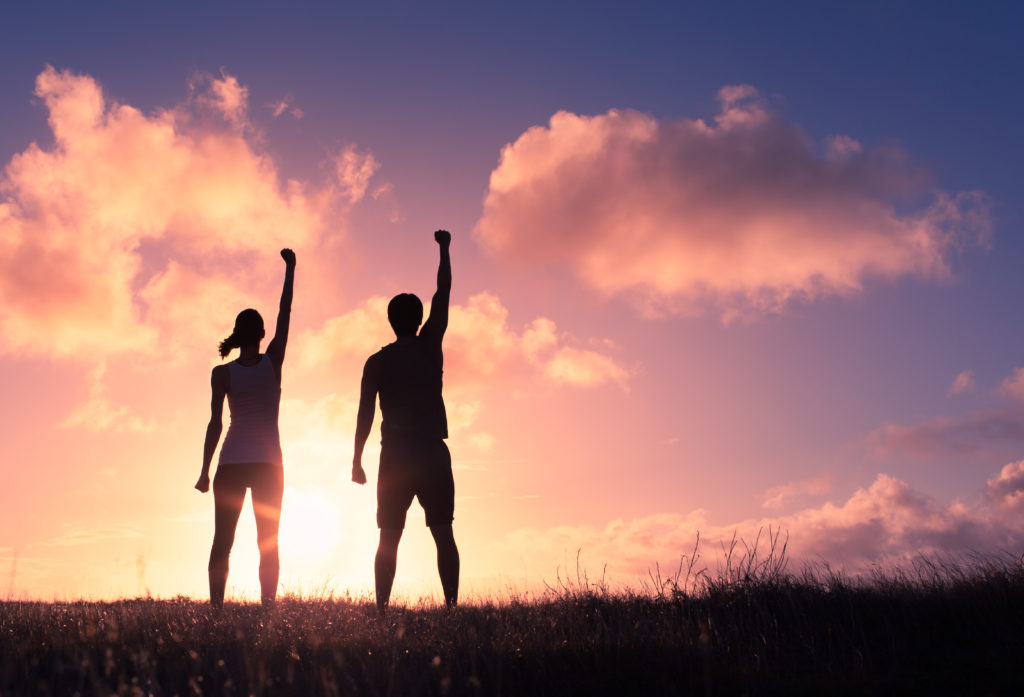
Power
Power plays an integral role in the life of a human being. It is experienced from an early age, when the child or young person will not have the emotional intelligence to fully understand its dynamics, and may instead be more concerned with developing their survival instincts.
Childhood provides many examples of the power dynamic such as the school playground where bullying teaches us the painful consequences of power over others, whether you are the bully or the bullied. A football manager puts his son into the team to take the penalty, when deep down everyone knows that his son is not good enough to be in the team. A child is asked to choose players for his team and there is retaliation from their close friends when they are chosen last. This illustrates that sometimes having power forces you to make difficult choices.
Childhood experiences of power can shape the view of power in adulthood and can leave the impression that the use of power is negative and can have severe consequences. It can be said that an adult’s understanding of power and how they use it in their own life is a direct reflection of their childhood experience of power. For example, feelings of jealousy, feeling threatened or anxious, feelings of guilt, inadequacy or insecurity are all linked to previous experiences of power.
To understand one’s own relationship with power, it is necessary to reflect on past behaviour and responses. Were you someone who often did things to make others happy in order to get approval and acceptance; were you always worried about ‘getting it right’ because you were often falsely accused; were you afraid to speak out or voice your opinion because you were put down or ridiculed? These common experiences shape our responses into adulthood and can continue to be reinforced in relationships and social situations.
Although we may be aware of our responses and where they came from, without applying our emotional intelligence, it can be difficult to change them. For example, it is not uncommon for us to hear about a victim of violence that she or he was bullied or beaten as a child. Equally, we often hear of perpetrators of violence who were also bullied or abused as children. These responses can be seen in many settings including the workplace where a manager or a worker can be either a bully or not be able to find their voice or their personal authority.
Many people are talking about feeling powerless in the current climate of being told what to do, and when and how to do it. To some extent this is true in that our movements in the external world are controlled however, this does not leave us entirely powerless. Inside our homes, we are free to do as we please, within the limitations of our own abilities and finances. Perhaps it is time to fix that cupboard door, or sort out that drawer, or spend quality time with the children. For others who may live alone, it may be time to overcome fear of the internet and join a group or a forum online, or make plans for the future. At times, we may not recognize the power that we do hold, and give it away without even realizing it.
Power and Substance Use
We admitted we were powerless over alcohol – that our lives had become unmanageable”
Step One
Although the above step is truly enlightening for some, at times it can be misconstrued. Sometimes drug or alcohol users say that their drug of choice is so powerful, that it is more powerful than them. They describe the drug as if it is another human being and we might hear “the drugs make me do this”.
Power and control are key components in substance use. At the beginning of the using journey, you feel in control and the drug gives you the high it is designed to give. With prolonged use, you might start to lose control over when and how often and for how long, and you may decide you want to get back control and so use a harm reduction approach. Or you might reach the place where you have to admit to yourself that you have lost control altogether.
But how much power does a substance actually have? It is an inanimate object, it can’t speak, or walk or carry you. Therefore in order to feel powerless to a substance, you have to give it your power, by handing your power over. By doing so, you have let go of your responsibility for using as you believe you have no power. At the same time you have created an investment in feeling powerless as it allows you to continue using.
When you either reduce or stop using, you begin to realise how powerless the substance actually is. You start to focus on what you can do, and not what you can’t do. You become assertive and activate your right to say “NO”. You are now in a place where you can say “I will no longer allow this substance to dictate the way I live my life”. What a powerful place to be.
When you enter treatment, you have to admit to yourself that you were not able to manage the power that is within you. The objective of the next step of your journey is to own your power, because it belongs to you. Do not compare your power with others’ as you will always find someone who you perceive to have more power than you. Do not abuse your power because that will bring you back to the same place as you were before. Ultimately, power can give you the freedom and knowledge to make different choices.
“A mighty storm is inconsequential when facing a mighty ship”
Matshona Dhilwayo
Christopher Robin
30 April 2020
Christopher Robin
Founder/Managing Director
Tel: 0208 2443960 / 07515 663621
Email: info@enigma-drugs-consultancy.co.uk
Website: https://enigma-drugs-consultancy.co.uk


